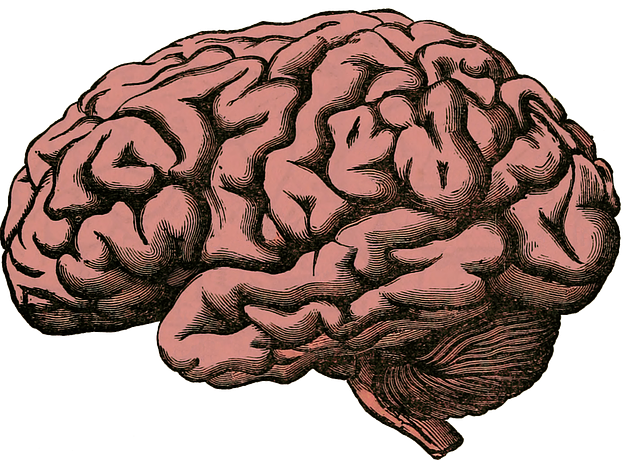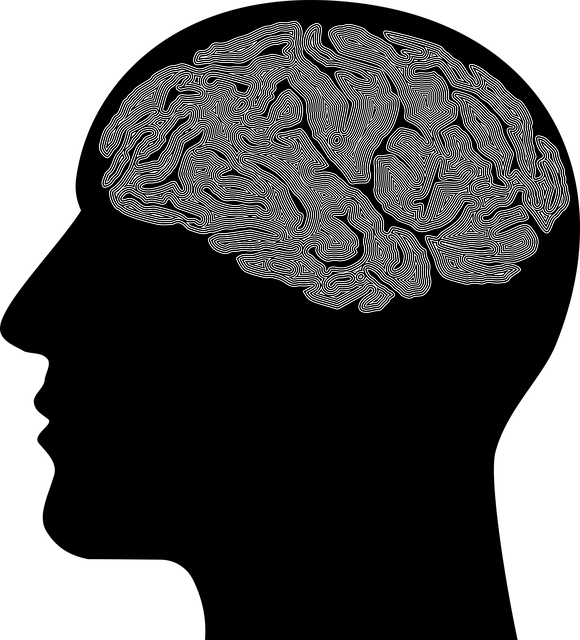Effective Superior Terminal Illness Therapy (STIT) requires a holistic approach that addresses emotional and psychological well-being alongside physical symptoms. By integrating burnout prevention, social skills training, self-care routines, mindfulness exercises, and community support, this method enhances patient quality of life and empowers them to navigate terminal illness with resilience and dignity. Tailored interventions, cultural competency training for healthcare providers, and community outreach programs are crucial for improving mental health outcomes in individuals facing STIT.
Mental wellness promotion is a multifaceted approach that forms the cornerstone of superior terminal illness therapy. Understanding mental wellness involves recognizing its integral role in overall health. This article delves into holistic strategies for comprehensive care, empowering patients with self-care techniques and fostering resilient mindsets. We explore the importance of building robust support systems, leveraging community and professional resources to enhance mental well-being. By integrating these approaches, we aim to improve outcomes in superior terminal illness therapy.
- Understanding Mental Wellness: The Foundation of Superior Terminal Illness Therapy
- Integrating Holistic Approaches for Comprehensive Care
- Empowering Patients: Strategies for Self-Care and Resilience
- Building Support Systems: Community and Professional Resources
Understanding Mental Wellness: The Foundation of Superior Terminal Illness Therapy

Understanding mental wellness is paramount to delivering effective Superior Terminal Illness Therapy (STIT). It involves recognizing and nurturing an individual’s emotional, psychological, and social well-being—not just the absence of illness. In the context of STIT, this foundational knowledge is crucial for tailoring interventions that address not only the physical symptoms but also the profound psychological impact of terminal illnesses. By integrating Burnout Prevention Strategies for Healthcare Providers, Social Skills Training, and Stress Reduction Methods into care plans, we can enhance patient quality of life and ensure they receive holistic support throughout their journey.
This comprehensive approach acknowledges that mental wellness is intricately linked to physical health, particularly in the face of challenging diagnoses. Through evidence-based practices, healthcare providers can empower individuals to navigate the emotional complexities of STIT, fostering resilience and a sense of control—essential elements for coping with the unique challenges that lie ahead.
Integrating Holistic Approaches for Comprehensive Care

In promoting mental wellness, a holistic approach that integrates various therapeutic methods is essential. Holistic care recognizes the interconnectedness of physical, emotional, and spiritual well-being. For individuals facing superior terminal illness, this comprehensive strategy becomes even more vital. Instead of focusing solely on treating symptoms, holistic approaches aim to address the root causes and foster resilience building among patients. By incorporating practices like self-care routine development for better mental health, mood management techniques, and mindfulness exercises, patients can navigate their journey with enhanced emotional stability and improved quality of life.
These integrated methods encourage individuals to cultivate a deeper sense of awareness, enabling them to manage stress more effectively. For instance, resilience building through cognitive-behavioral therapy (CBT) can empower patients to reframe negative thoughts, while mindfulness practices like meditation help in regulating emotions. Such holistic care not only complements conventional Superior Terminal Illness Therapy but also empowers individuals to embrace their circumstances with greater equanimity and dignity.
Empowering Patients: Strategies for Self-Care and Resilience

Mental wellness promotion is a holistic approach that recognizes the interconnectedness of physical, emotional, and social well-being. Empowering patients to take charge of their mental health involves equipping them with strategies for self-care and resilience. One effective method is through Compassion Cultivation Practices, which foster empathy and understanding, reducing stress and enhancing overall well-being. Encouraging regular practice of mindfulness, meditation, and other relaxation techniques can significantly boost confidence and promote a positive mindset.
Implementing Community Outreach Program Implementation plays a pivotal role in mental wellness promotion. By connecting individuals with support networks and educational resources, these programs create an environment where self-care is normalized and accessible. Targeted interventions tailored to specific communities, considering their unique challenges and needs, can lead to substantial improvements in mental health outcomes, even for those facing Superior Terminal Illness Therapy.
Building Support Systems: Community and Professional Resources

Building strong support systems is a cornerstone of mental wellness promotion. Community resources, such as support groups and local initiatives focused on mental health awareness, play a vital role in fostering connections and providing non-judgmental spaces for individuals to share their experiences. These networks can offer practical assistance, emotional support, and valuable perspectives from peers who may be facing similar challenges. Moreover, leveraging professional resources is essential. Superior Terminal Illness Therapy (STIT) specialists equipped with advanced training in cultural competency and sensitivity are instrumental in delivering tailored care that respects diverse backgrounds and needs.
Incorporating Cultural Competency Training for healthcare providers, including aspects of Depression Prevention and Cultural Sensitivity in Mental Healthcare Practice, ensures inclusive and effective treatment. This training enables professionals to offer services that resonate with individuals from various cultural contexts, enhancing the overall quality and accessibility of mental health support within communities. By combining community-based initiatives and culturally sensitive professional practices, we can create a comprehensive network that actively promotes and sustains mental wellness for all.
Mental wellness promotion is a multifaceted approach that combines understanding, holistic care, patient empowerment, and robust support systems. By integrating strategies from each of these key areas—from recognizing the importance of Understanding Mental Wellness as a foundation for superior terminal illness therapy to Building Support Systems through community and professional resources—we can enhance comprehensive care and foster resilience among patients. These efforts not only improve quality of life but also ensure individuals receive holistic, caring support during challenging times.











